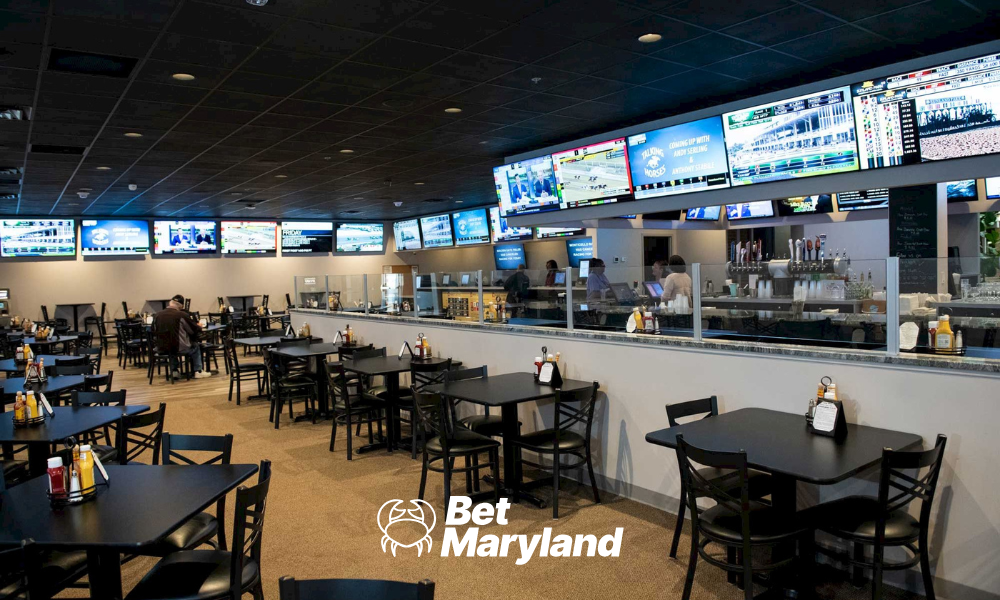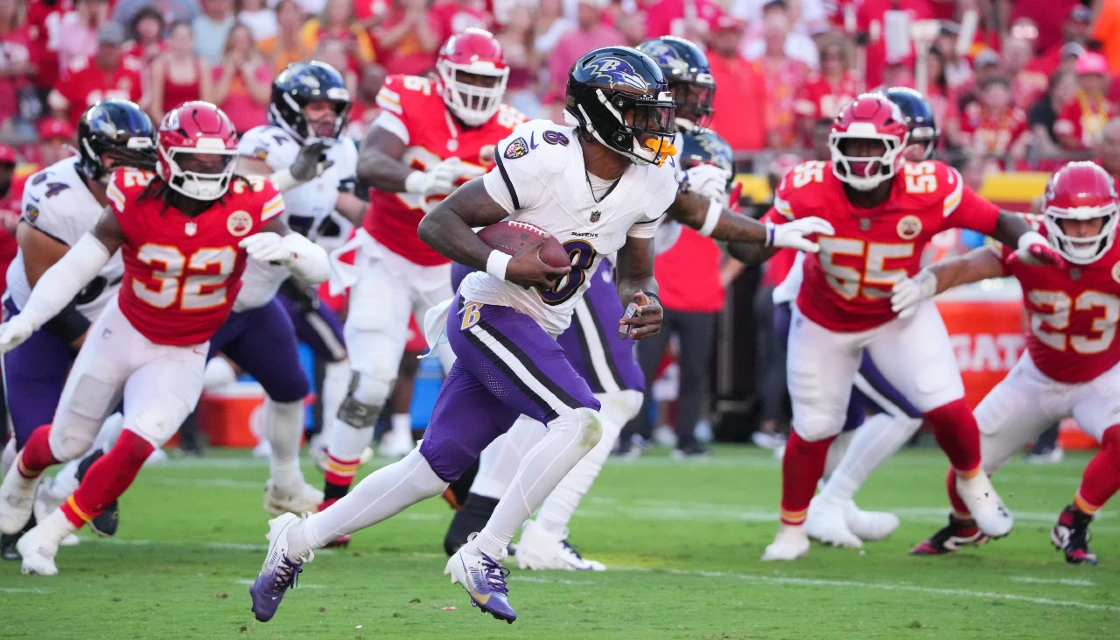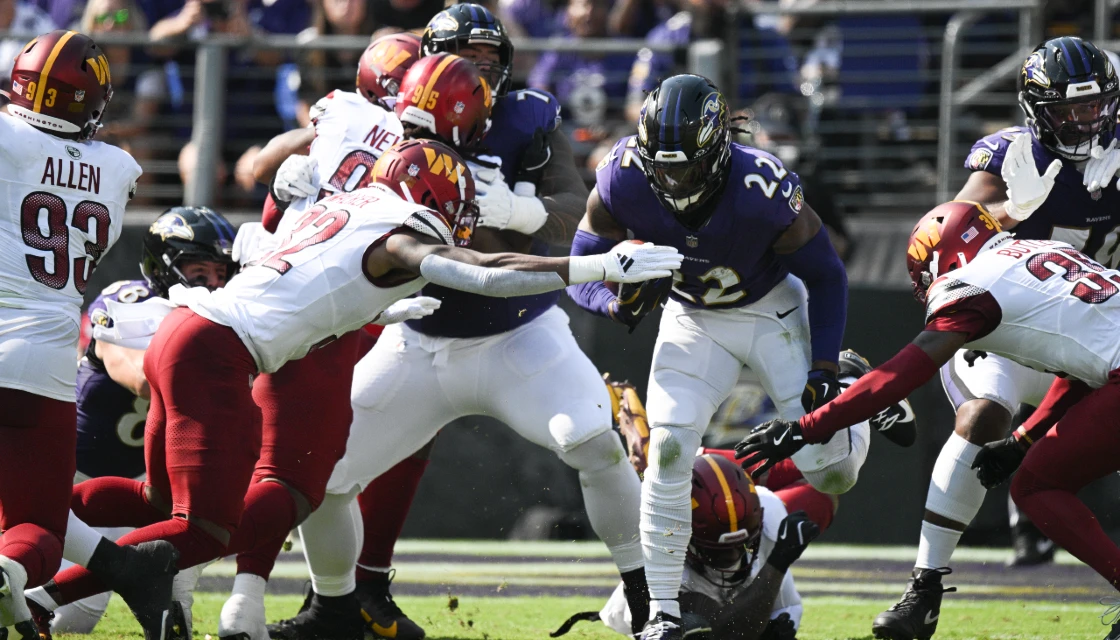As rapidly as regulated sports gambling has spread across the country with more than 30 jurisdictions legalizing in-person betting, online wagering or both, Maryland sportsbooks stands alone in certain somewhat astonishing ways.
It is the only state that explicitly invites just about anyone who can qualify to become a sportsbook operator and has embarked on a campaign to recruit gambling license applicants.
While Maryland has legalized retail sports betting (operating in five casinos, so far), and mobile sports wagering (not yet launched), the focus of licensing and regulatory groups at the moment are 30 retail Class B licenses. They are designed to encourage minority-owned and women-owned businesses to enter the sports gambling industry.
Without question, those groups are hugely under-represented and Maryland legislators, when crafting their sports gambling law, were determined to establish more diversity.
Recently, a law firm adviser to the Maryland Sports Wagering Application Review Commission, along with Spectrum Gaming, industry consultants, held an informational summit where potential applicants learned what it takes to be a bookmaker. In truth, the message was also sobering.
It just so happened to occur just before the four-year anniversary of the Professional and Amateur Sports Protection Act (PASPA) being overturned by the U.S. Supreme Court, allowing states to offer legal sports betting.
The Risk
At the informational gathering, Johnnie Grooms, director of East Coast Retail Sports Betting for BetMGM Maryland, laid out the roller-coaster of bookmaking.
“I don’t want to be a gloom-and-doom guy but I want to make sure that anyone who is entertaining the thought process understands there is a risk involved. You can lose money,” Grooms said.
The first weekend that the sportsbook opened at MGM National Harbor in December, NFL betting favorites won game after game. That’s bad for the books and Grooms said sportsbook lost about $300,000.
Losing can go on for far longer than you might think, he said. In February, BetMGM booked nearly $8 million in wagers and still lost more than $30,000 overall.
The Capital
Paul Hannon is a senior vice president for corporate development for DraftKings Maryland. His company has partnered with a Maryland minority-owned business, the Riverboat on the Potomac, which has been awarded a retail license but hasn’t started taking wagers.
Hannon addressed the start-up money needed for a sportsbook.
“Year 1, working capital, you’re looking at $750,000, and this is without much margin for error,” Hannon said. “That’s not taking into consideration any venue build-out or construction costs, enhancements. (So), $750,000 ballpark. That’s what you need just to get started.”
If a business runs efficiently and there’s good foot traffic, a small-time operator may keep losses to a minimum or even break-even in the first year and add 5 to 10 percentage points thereafter.
As an aside, Maryland has some financial assistance available through the Small, Minority-owned Business Sports Wagering Assistance Fund.
What Kind of Business
Tory Key is a development and project leader for Elys Game Technology, a B2B company that helped get Grand Central in Washington, D.C., started as a sportsbook. Grand Central is also a sports bar/restaurant.
In Europe, Key said, some businesses are merely coffee shops. There are no big-screen TVs, and folks sip coffee and make a few wagers.
Key said that an operator has to consider the type of business that’s already ongoing and any associated factors, such as parking.
Consider the sportsbook, Key said, as an add-on revenue stream. In an environment that Maryland offers, revenues can possibly be in the hundreds of thousands, but probably not in the millions.
Using betting kiosks rather than counter personnel can streamline the business and reduce overhead. Groom noted that of 100,000 wagers his MGM National Harbor sportsbooks does in a month, 85% will be at kiosks.
Investigations
A panel of lawyers and a banker emphasized the thorough and even intrusive nature of investigations in the application process for a sports gambling license — indeed for any gaming license.
“I tell every client over the many years I’ve been doing this that no matter what you did, no matter how long ago you did it, you have to reveal it because the failure to reveal it will be much worse than the penalty for what you did,” said Lloyd Levenson, a prominent attorney in gaming law for whom an institute in gaming and hospitality at Stockton University is named.
If an applicant leaves out any misdeed, no matter how small, Levenson said, “There will be the inference that if you failed to reveal that, what else did you fail to reveal that the investigators didn’t find?”
Sara Dalsheim, another gaming attorney, concurred. If an applicant leaves out anything, “then you’re in the embarrassing position of saying, ‘I didn’t think that’s what you meant.’ They mean everything.”
While minor legal problems won’t usually disqualify an applicant, attorney Robert Ruben noted some that are red flags — past gambling offenses, tax issues, being behind on child support, a pattern of DWIs.
And the investigations in Maryland get, well, personal. Applicants can expect their neighbors to be contacted and be asked about an applicant’s behavior, and investigators could get in touch with in-laws and even ex-spouses.
If an applicant doesn’t like it, Ruben had a two-word answer: “Too bad.”
Banking & Insurance
Richard Brower, an executive for MVB Bank who deals with gaming entrepreneurs, said applicants need to cultivate a banking relationship and the bank will also carry out its own inquiries.
As far as dealing with gaming applicants, a lot of banks say there's too much risk and not enough reward, Brower said.
Eventually, gambling applicants will also need insurance policies, and a $1 million policy can carry a $300,000 premium.
Security
Like at any gaming establishment, surveillance is a must.
“The sports betting business is a very cash intensive business,” BetMGM’s Grooms said. “You’re going to have a large amount of cash on your property and as you well know, that comes with a lot of risk. At Nationals Park (where BetMGM runs a retail sportsbook), we have armed security. The insurance policies are an additional expense.”
Facility Features
There will be a technology infrastructure to build out to post odds, plus money handling protocols, and responsible gaming practices to adhere to.
And who has ever seen a sportsbook without TVs?
There will be the cost of purchasing quality televisions and the expense of installation and occasionally maintenance. But the big number, Grooms added, is the broadcast subscriptions.
And One More Thing
Just like an ordinary application for just about anything in life, you’ll also probably have to come up with three personal references.







